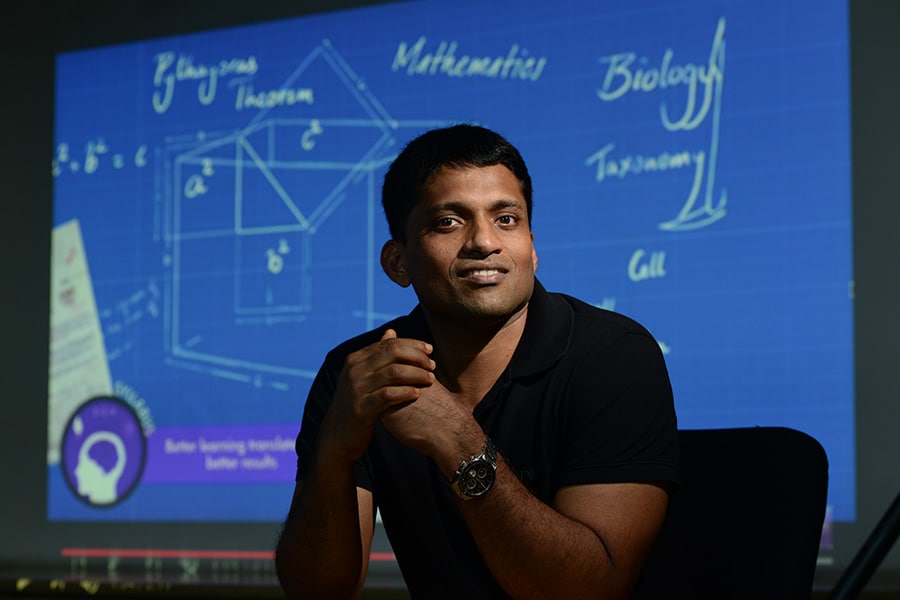All innovations are not smart; all failures are not futile
Forbes India One CEO Club members discuss all things innovation at the first Digital Leadership Series round table
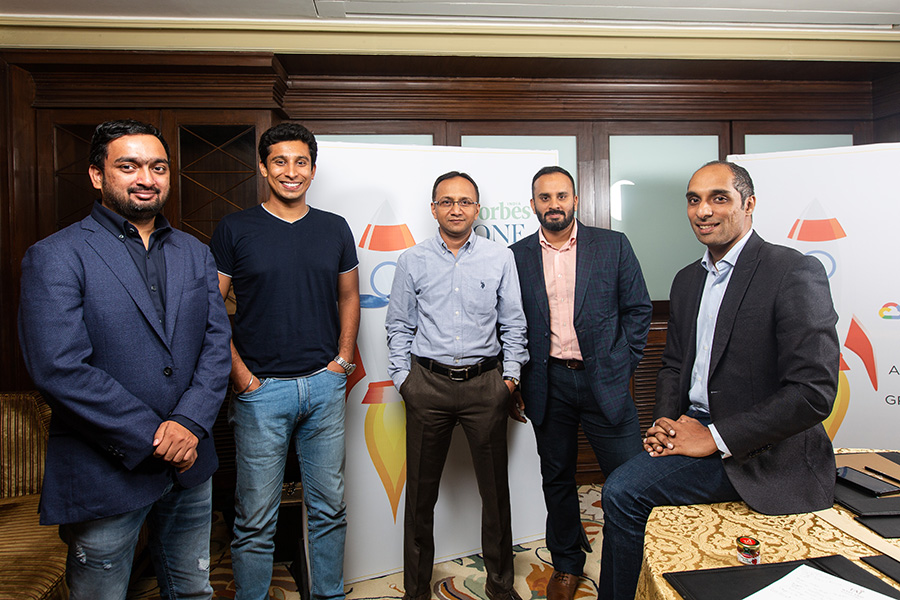 (L to R) Ashwarya Singh, CEO, Drivezy; Vidit Aatrey, Founder and CEO, Meesho; Nitin Bawankule, India Head, Google Cloud; Thomas Muthoot John, Head of Innovation Lab, Muthoot Pappachan Group; Aneesh B Reddy, Co-founder and CEO, Capillary Technologies
(L to R) Ashwarya Singh, CEO, Drivezy; Vidit Aatrey, Founder and CEO, Meesho; Nitin Bawankule, India Head, Google Cloud; Thomas Muthoot John, Head of Innovation Lab, Muthoot Pappachan Group; Aneesh B Reddy, Co-founder and CEO, Capillary TechnologiesCreating India-centric products, understanding jugaad, and timely innovation while taking into account the need and requirements of the consumers is the definition of smart innovations—the CEOs that made up the first-ever Digital Leadership roundtable of the Forbes India One CEO Club shared.
The inaugural Forbes India One CEO Club round table–The Digital Leadership Series: Smart Innovations for Future-Ready Businesses, in partnership with Google Cloud India, brought together leaders from different sectors to discuss smart innovations, critical problem solving and disruptive innovations for the future of businesses in the country. The event was held on May 21 in Bengaluru. The Forbes India One CEO Club, in partnership with Google Cloud India, is an invite-only, exclusive club for India’s top CEOs and thought leaders.
At the first outing of the club, the panelists discussed at length about the importance of investing in research and development (R&D), not innovating ahead of time and ensuring that the product was market ready before launching. Google Cloud India head Nitin Bawankule, Capillary Technologies Co-founder and CEO Aneesh B Reddy, Muthoot Pappachan Group Head of Innovation Lab Thomas Muthoot John, Meesho Founder and CEO Vidit Aatrey, and Drivezy CEO Ashwarya Singh were the panellists for the discussion which was moderated by Forbes India editor Brian Carvalho.
The vast differences in market types and the need to tweak smart innovations based on the market conditions was brought forward by Google Cloud India Country Director, Nitin Bawankule. “Smart innovation means you understand that the market or consumer is at the centre of anything offered. At Google, we think about the needs, culture, tradition, price point, and diversity of the users and market. If these aspects have been taken into account for designing a product, then it is good.”
Citing an example of India-centric product, Bawankule explained how they developed YouTube offline to cater to customers with low internet speed and the lack of access to data in some regions of the country. “We thought about this product because data speeds are not great at many places. This was a made for India product, keeping in mind the unique needs of Indian users such as quality and cost of data” he said. YouTube offline was eventually released as a global product owing to its massive success. It’s the perfect example of an innovation made in India and taken to the world.
It’s nice to talk about innovations, but introducing change into an organisation with a long heritage is not easy. Thomas Muthoot John, Head of Innovation Lab, Muthoot Pappachan Group, spoke about how he concentrated on inculcating a new work culture at his organisation, for employees to drive their vision. “I think now-a-days in many of the organisations, we see employees are being pushed into targets and profits, and where there is no aspect of development, there is no freedom of expression seen in the organisation.”
Talking about the innovations within his organisation, Muthoot John spoke about his company’s 24x7 loan processing mechanism, a feature that currently no other NBFC or bank provides in India. “This came out of our employees’ interactions with the customers. Our employees have been trained to respect our customers’ needs, and the innovative loan processing feature is aimed at helping people in medical emergencies or any other emergency,” he explained. “Smart innovation starts with employees, where we propagate the culture of change,” he added.
Capillary Technologies Co-founder & CEO Aneesh B Reddy discussed another important aspect of innovation, retaining customer loyalty. At Capillary Tech, they focused on improvising their customer relations management and loyalty by introducing a card-free loyalty program in 2008, which they later patented in 2009. “It is a very small innovation–we said why should people carry cards, there’s unique mobile number for everyone, so one can just use the mobile number as unique identifier. I think what we did was essentially making loyalty frictionless for rewards,” Reddy said. “Businesses mostly sell commoditised products. Hence, it is important to ensure that customers have an emotional connect with the brand, for it to stand out for them,” he added.
When a company brings a successful innovation to the market, we usually don’t see the other side—the failures and the mistakes. The Digital Leadership series panellists also spoke about the need to create a safe space for failure and enhanced aptitude for risk taking in innovation. “What has changed in the last five six years, the only cool thing is to start-up. Even if you fail at a start-up, you can get a job at a tech company. People realise it is okay to fail,” Vidit Aatrey, Founder and CEO, Meesho said.
Driveezy CEO Ashwarya Singh agreed with the sentiment. “For fostering innovation, something has to be done in the early days. In India, the last 10 years of the internet have revolutionised things. You have to be ready to die many times before success hits,” he told the Forbes India One CEO Club members. He also spoke about the lack of trust while working through the Internet of Things (IoT), and the importance of understanding what was going on in people’s mind before innovating or designing a product.
When the topic of jugaad came up, the panel was in agreement that a good hack can enable tackling tricky issues. “Jugaad in the real sense of Hindi word means something which is not right. But jugaad from a sense of saying okay, am I able to do something right? It is about finding a way around a problem and getting things done.
“Considering India’s infrastructure and its roads, we tweaked Google maps to show different routes and travel time for four wheelers, two wheelers and pedestrians. It is the kind of jugaad that ensures that India’s infrastructural uniqueness is taken into account,” Bawankule explained.
Despite the versatile market conditions, differently paced innovation and a rich culture conducive for a dynamic environment, the panel agreed that with the persisting culture of innovation and increasing risk-taking attitude of entrepreneurs in the country, India will be capable of producing the next Google. “I'm sure that if my kid says I don’t want to join Google but I want to join a start-up, I would say go ahead, as I think the risk-taking ability is changing the way our economy and our society is evolving,” Bawankule said.



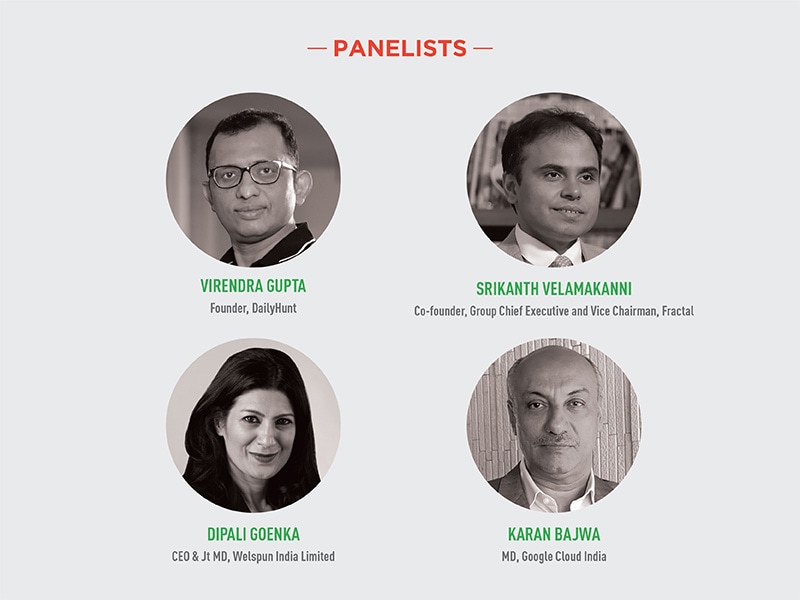
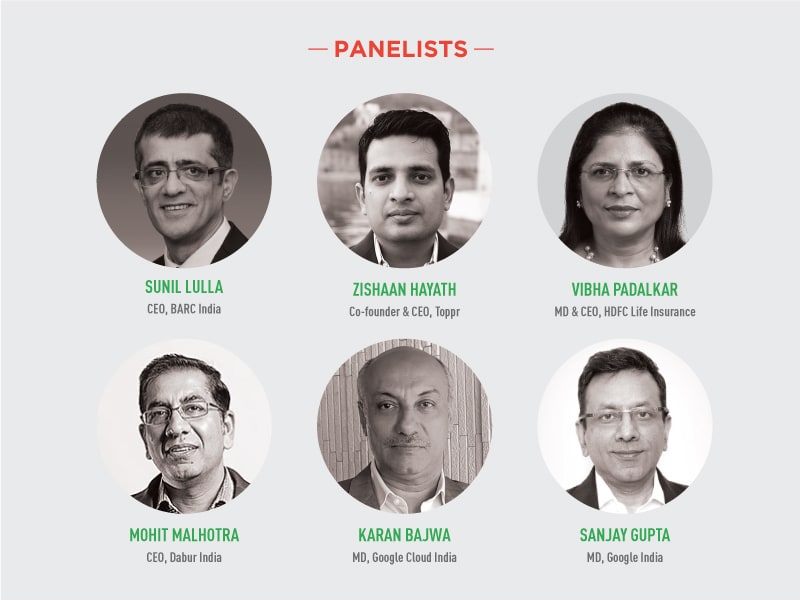
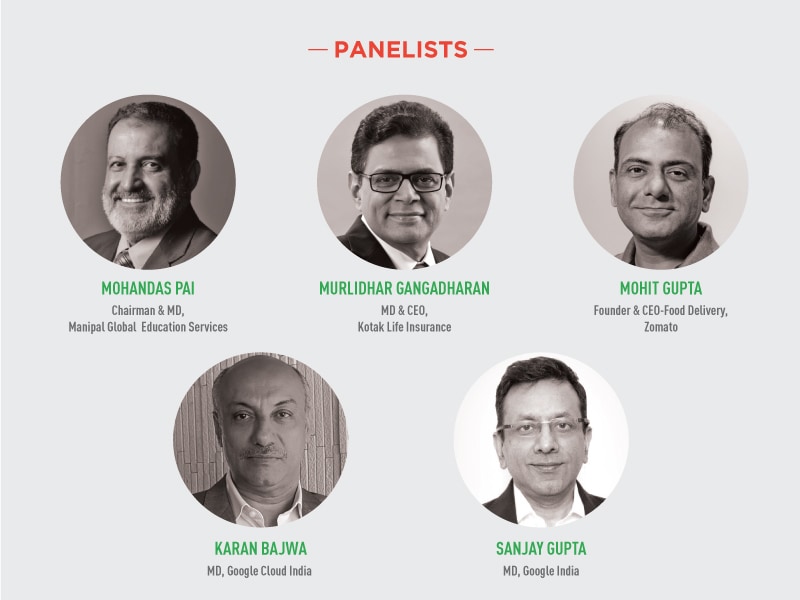
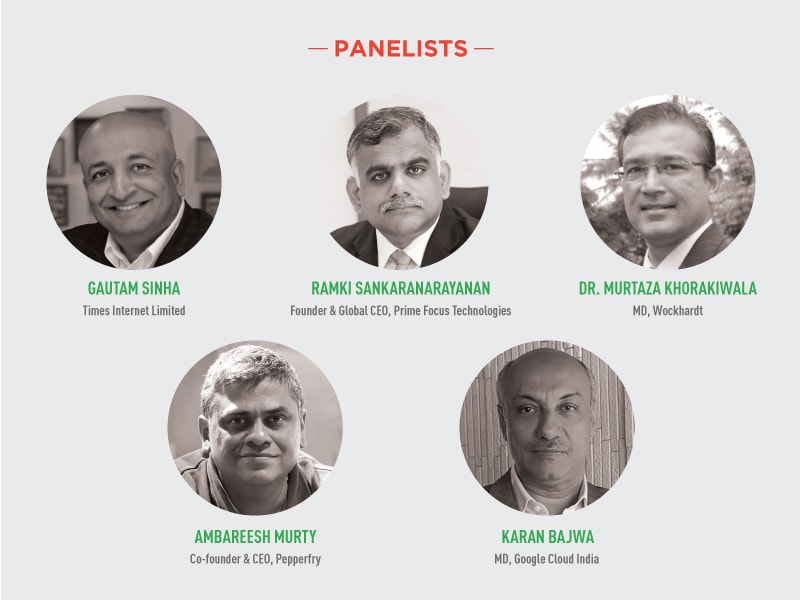
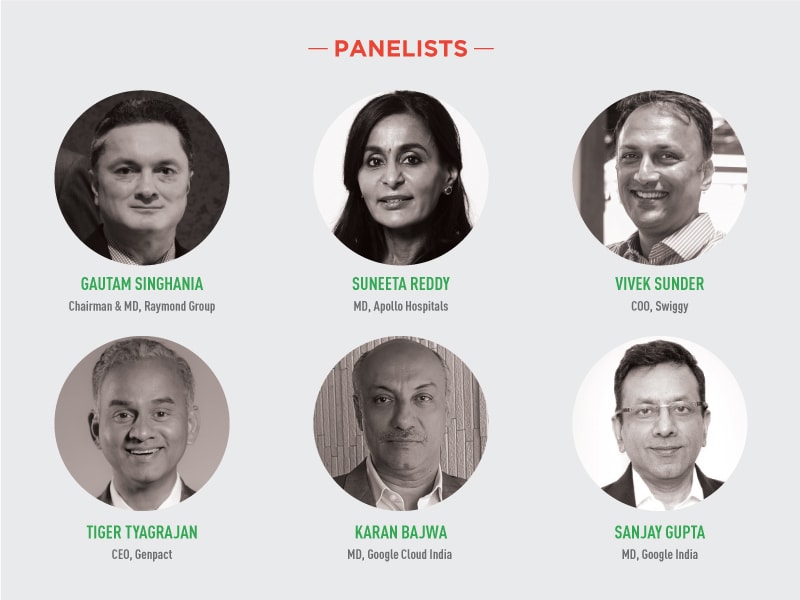
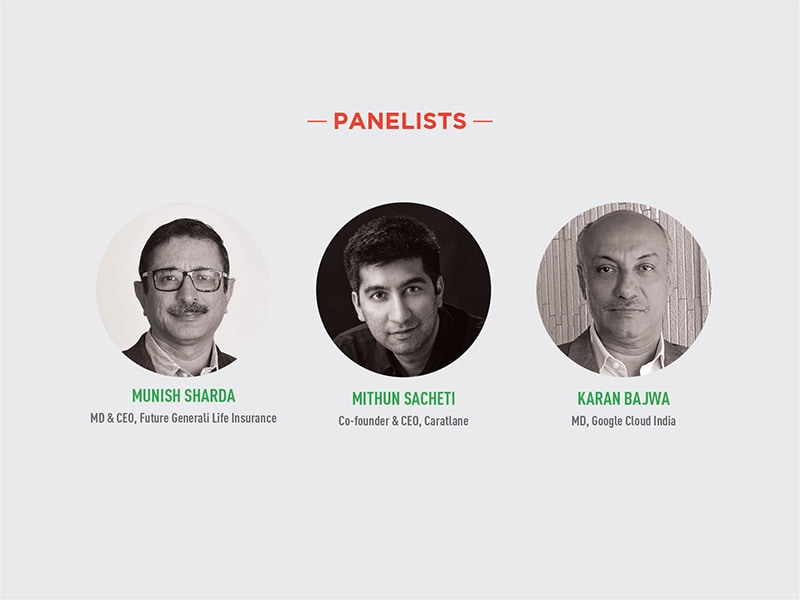
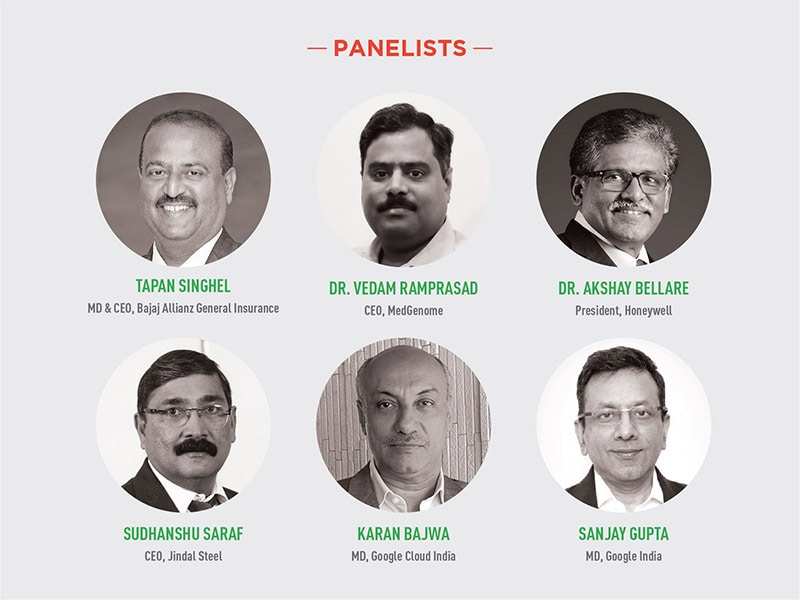
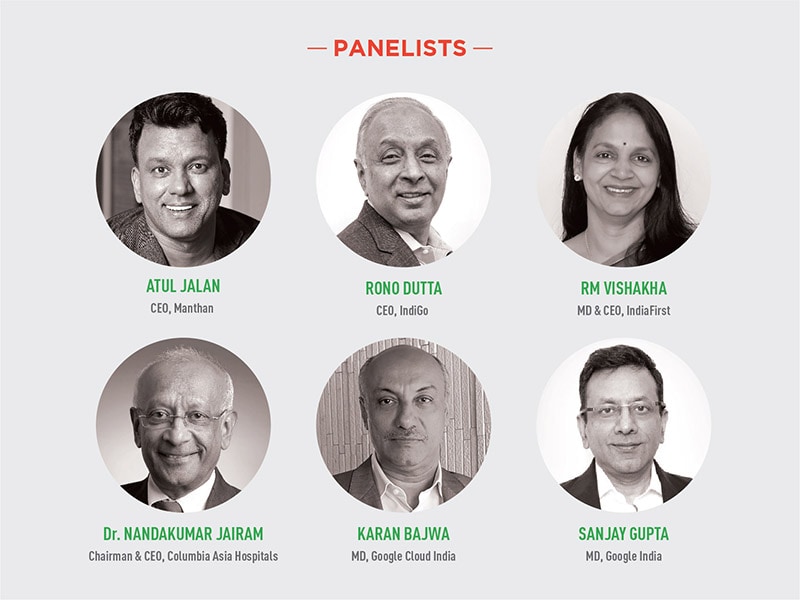
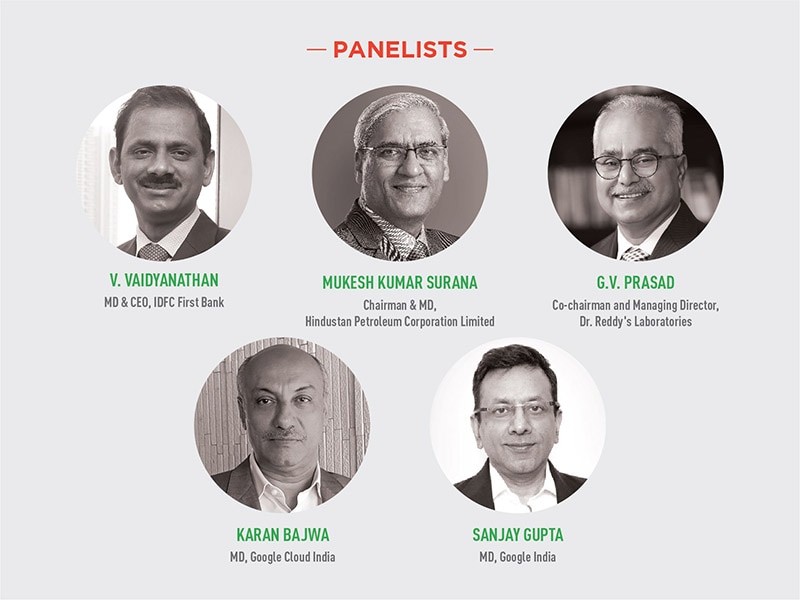
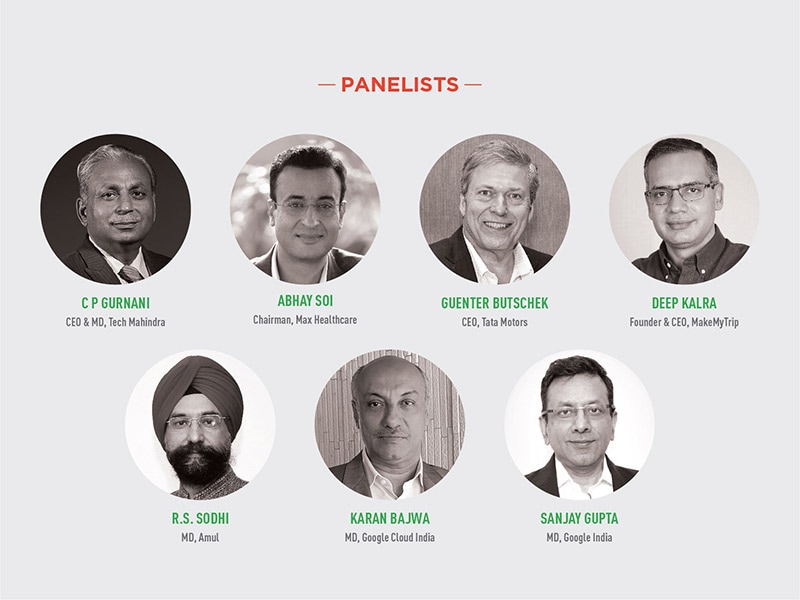
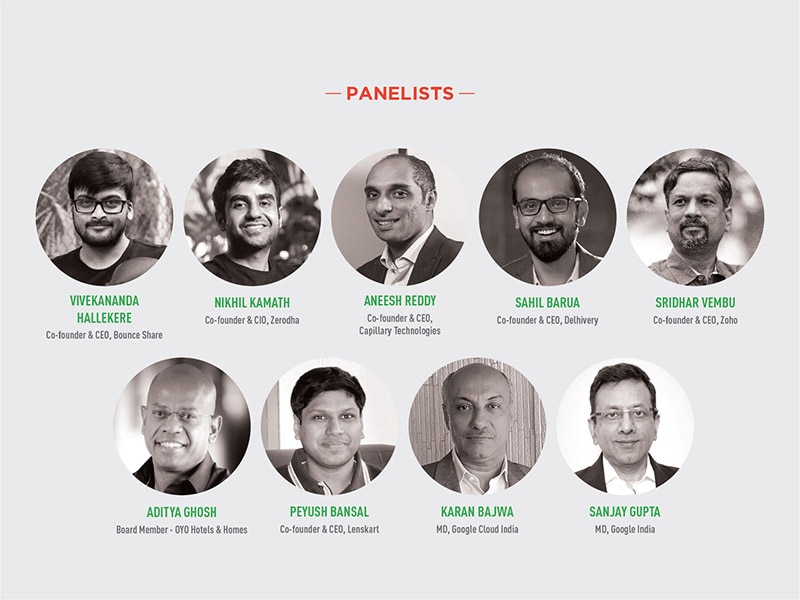
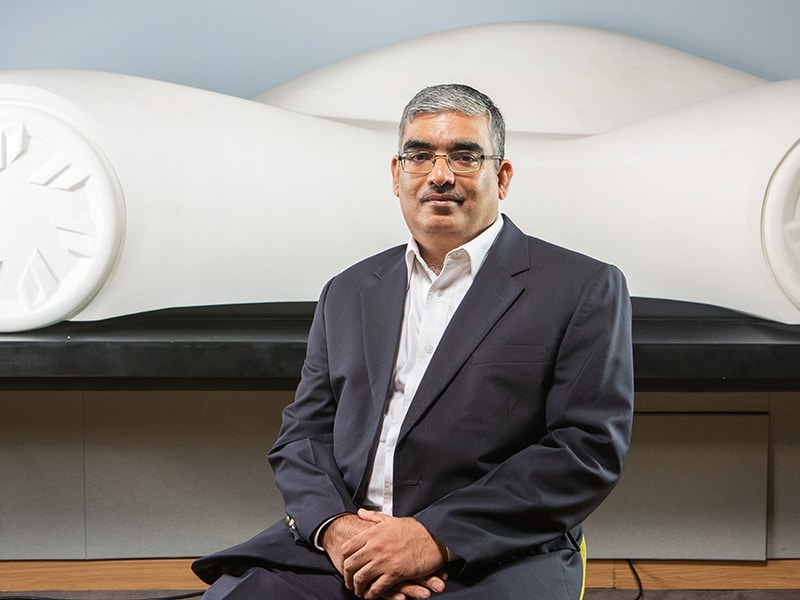
.jpg)
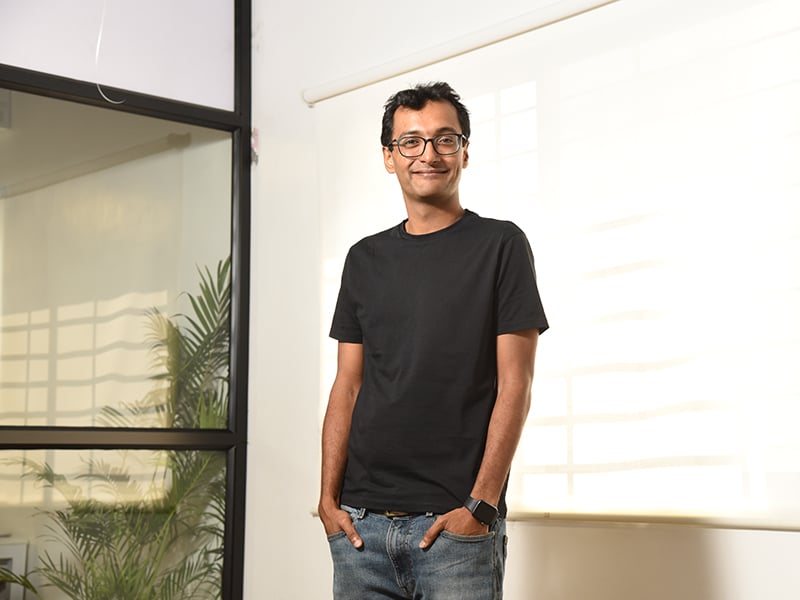




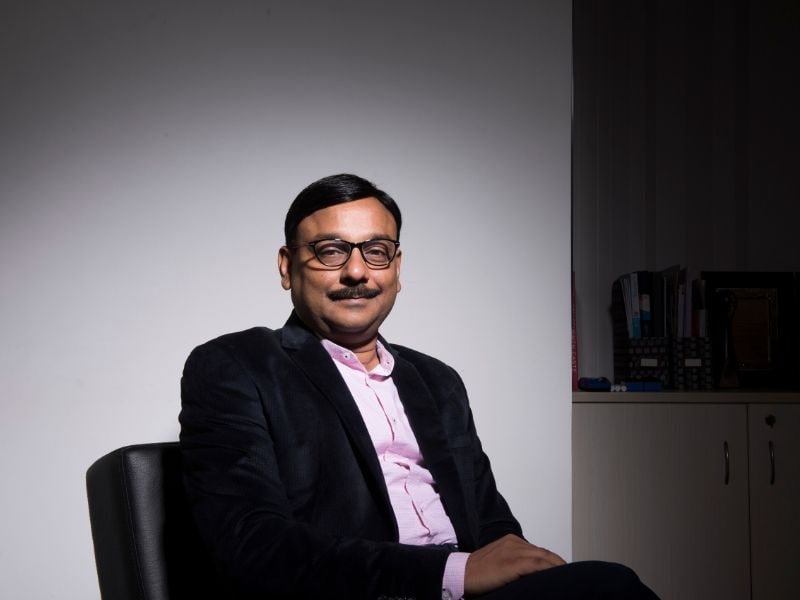
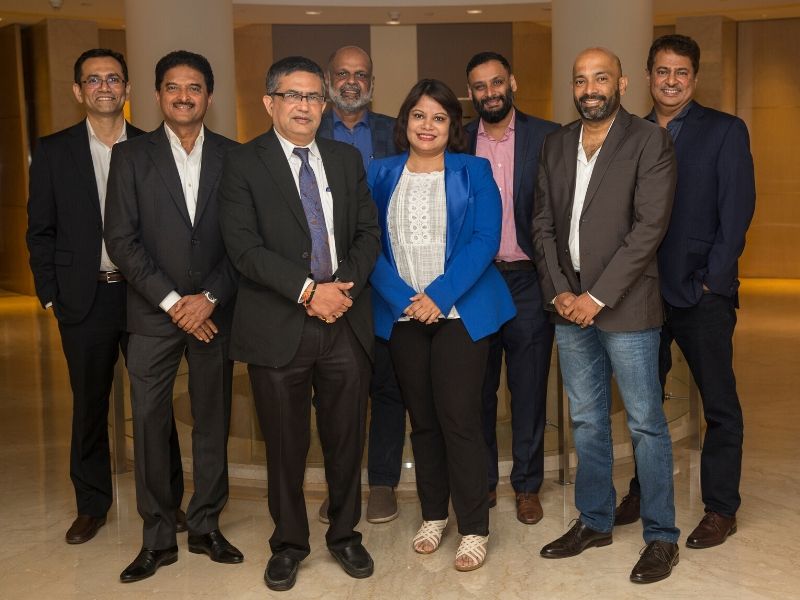
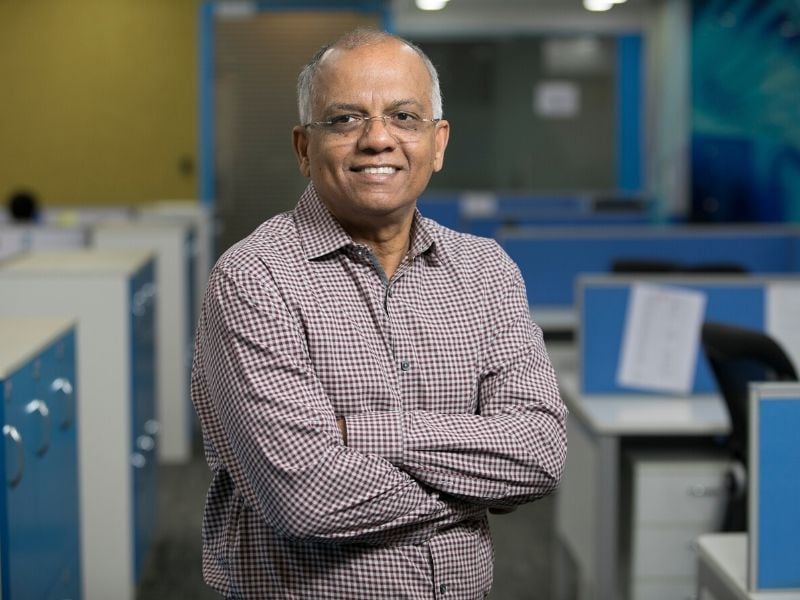



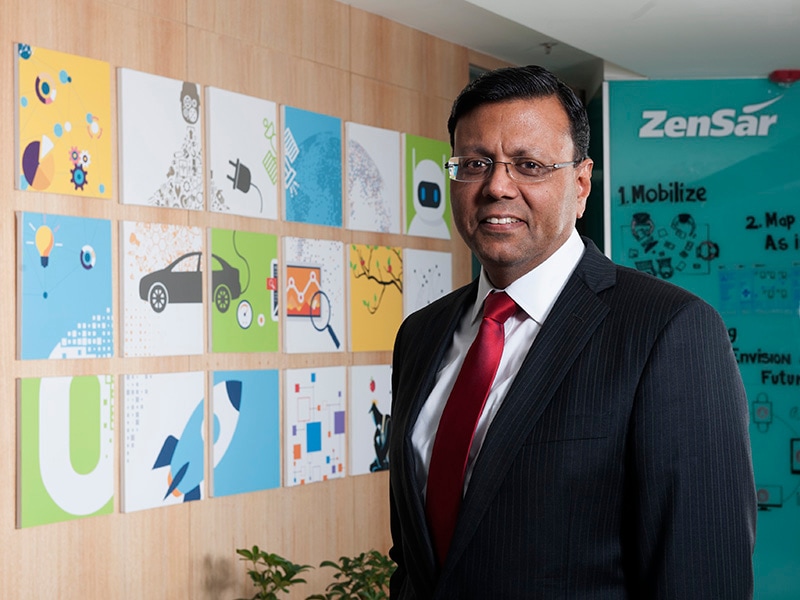
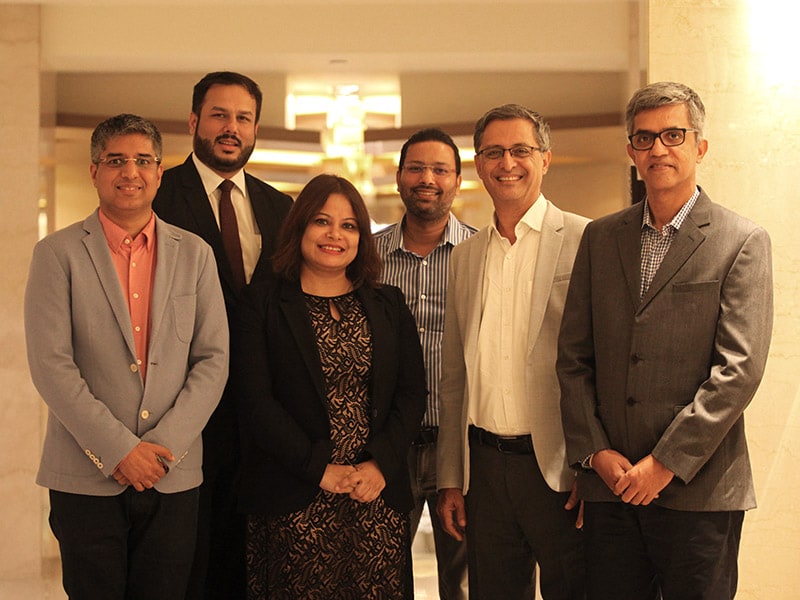
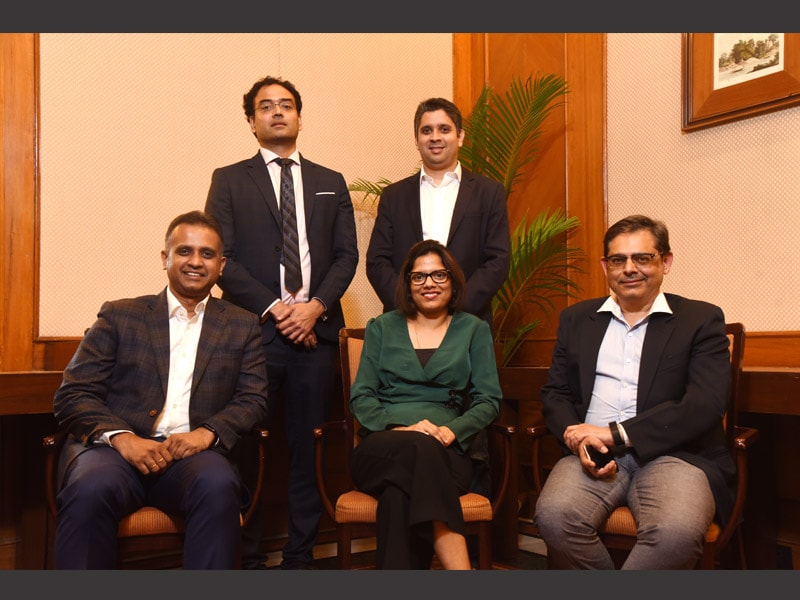



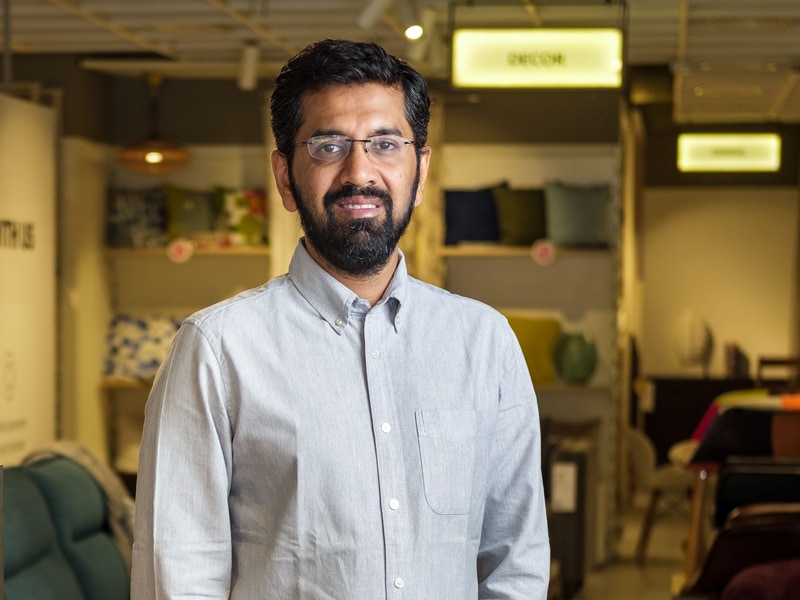
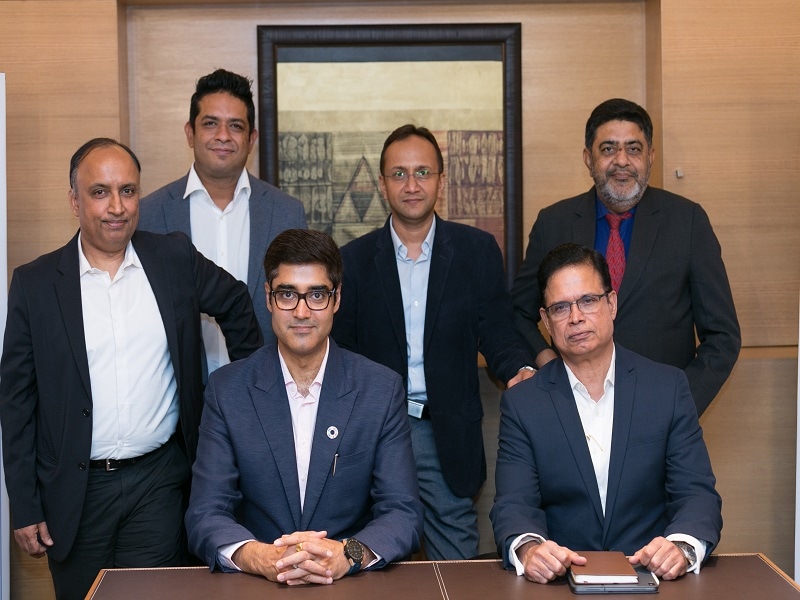


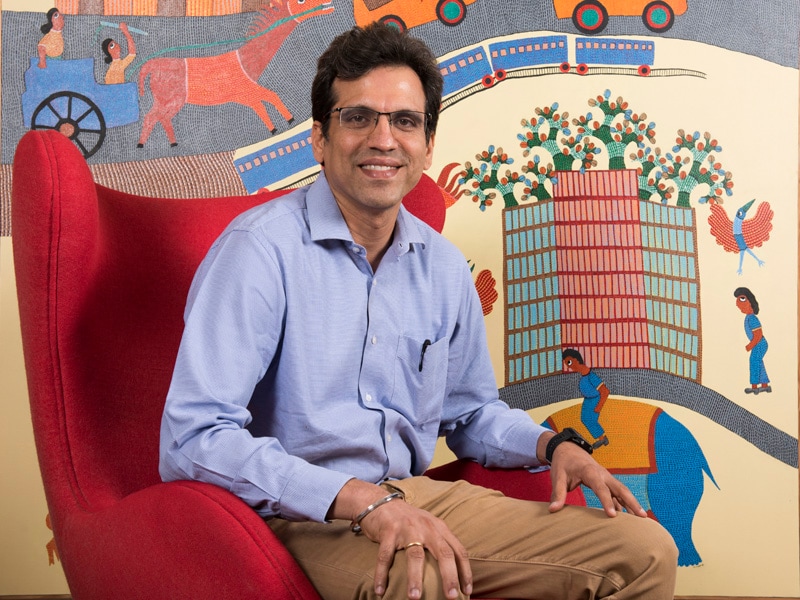

.jpg)

